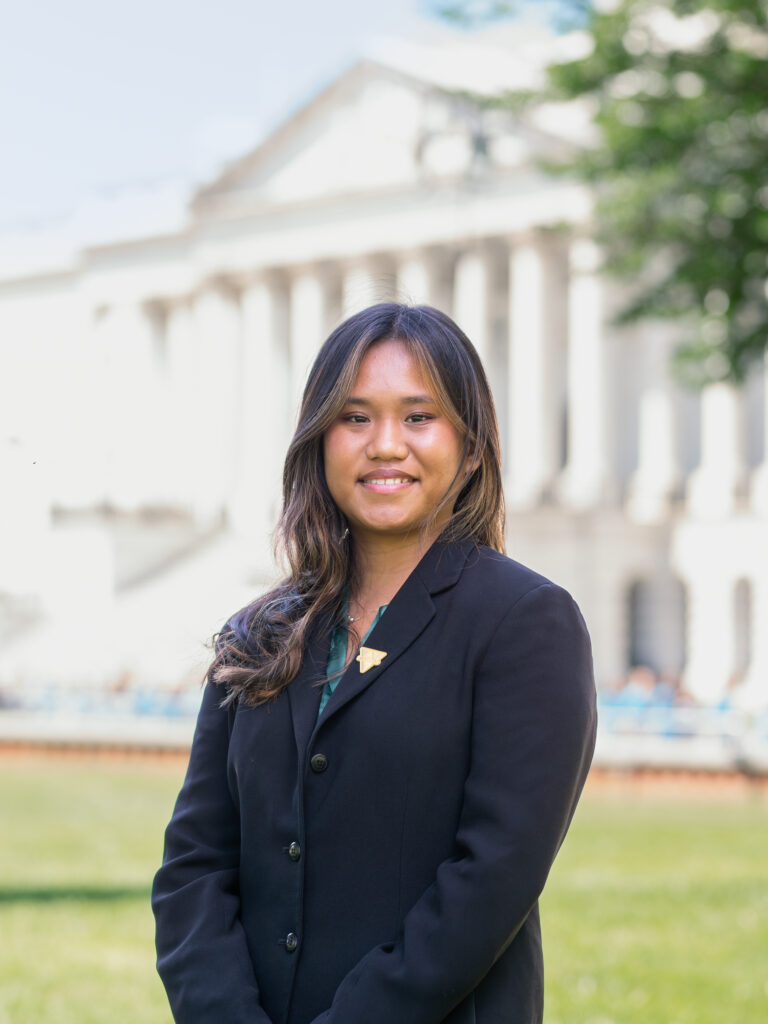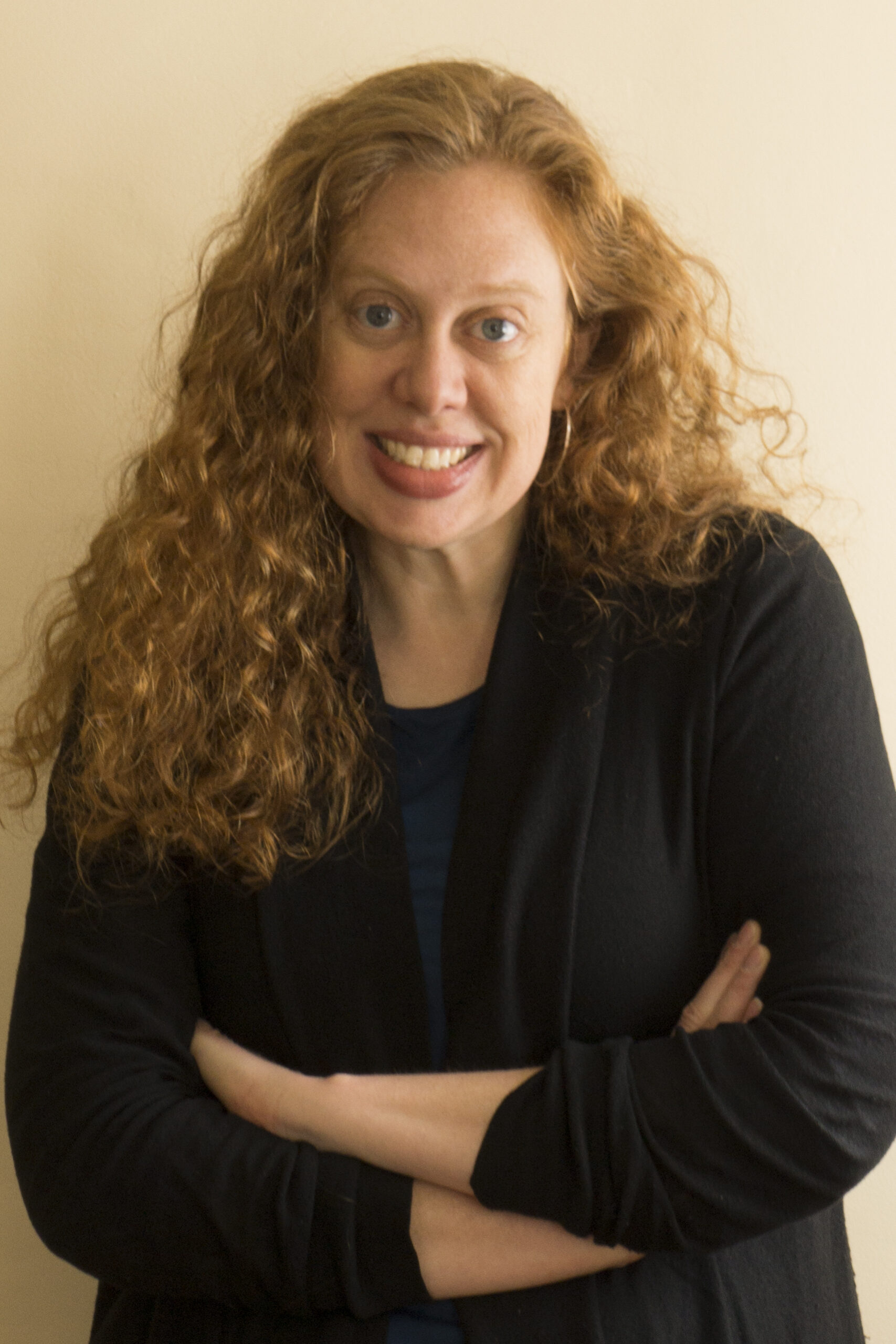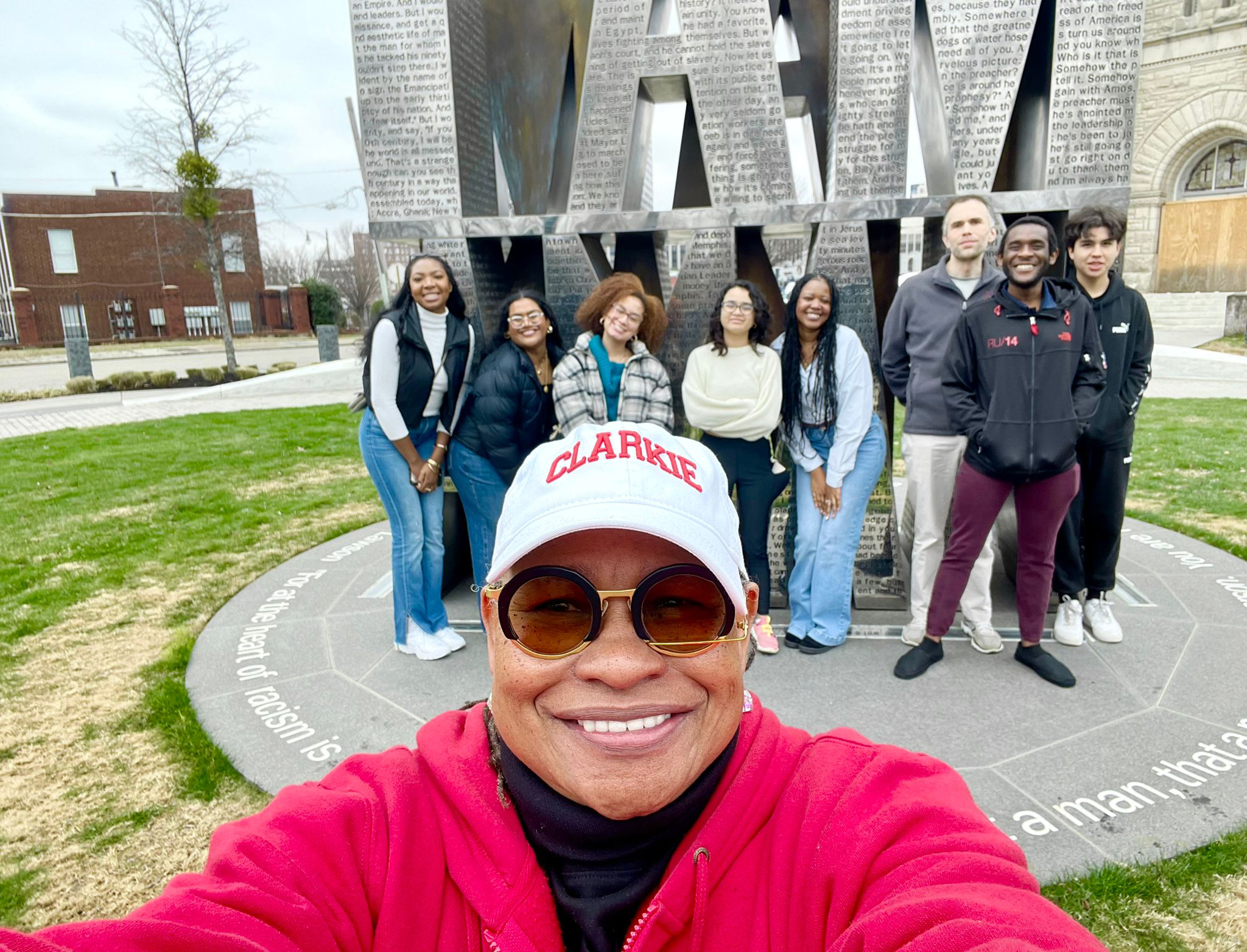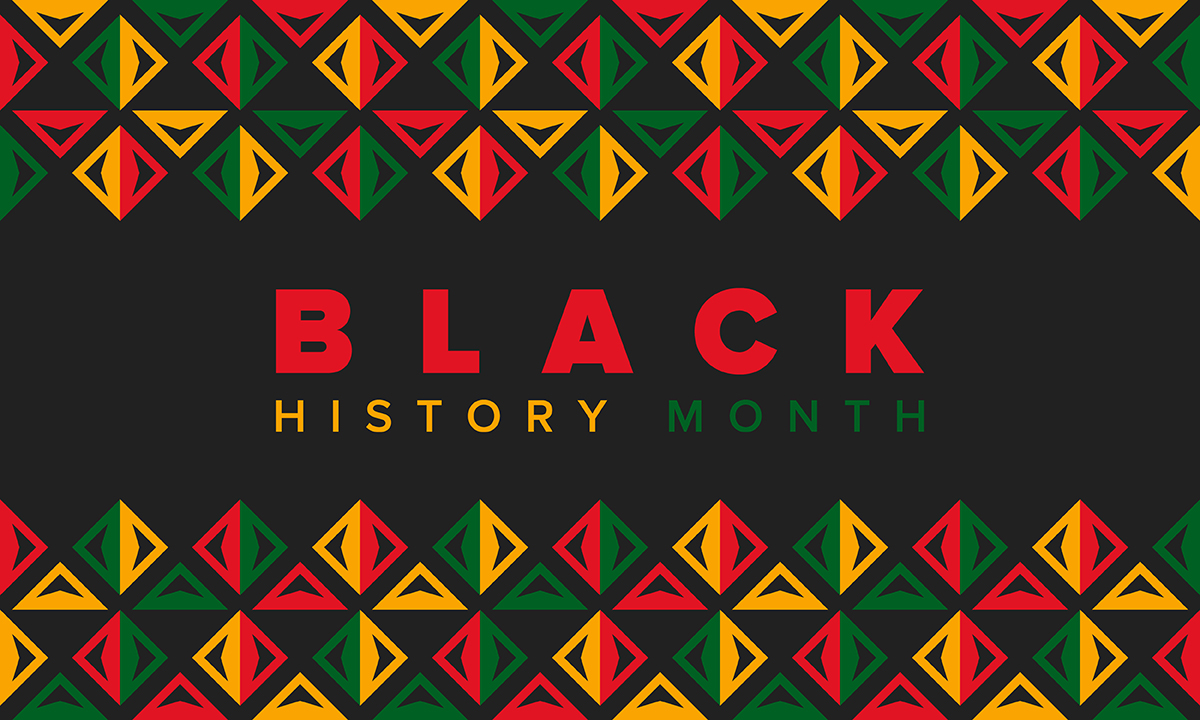President’s Achievement Awards for Inclusive Excellence honor students, staff, and faculty
Three members of the Clark community have been recognized for their commitment to advancing equity and inclusion.
Recipients of the 2025 President’s Achievement Awards for Inclusive Excellence are Ashley Pascua Valois ’25, MPA ’26, Director for Student Engagement and Equity Peyton Wu and Political Science Professor Ora Szekely.
The annual awards recognize people, units, or programs that contribute to the advancement of inclusive excellence at the University and in the Worcester community. Awardees designate a $1,500 gift to a program or department of their choice, supporting Clark’s shared commitment to equity, inclusion, and diversity.
Members of the Clark community can nominate undergraduate and graduate students, faculty and staff, student organizations, campus offices, departments, centers, academic or administrative programs, and Clark partnerships within the broader Worcester community.
Ashley Pascua Valois ’25, MPA ’26

Valois, who was raised in Oahu, Hawai’i, and immigrated from the Philippines, just received a bachelor’s in political science and is enrolled in the Master’s in Public Administration 4+1 Accelerated Master’s Degree program. She hopes to become a lawyer and is working this summer as a federal policy intern at Results of America. Valois started her Clark career as an Advancing Clark Excellence (ACE) Summer Institute mentee and became a Connections@Clark mentor. She’s been very involved on campus, serving as a resident advisor, undergraduate student body president, and in several roles in the Asian Student Union.
“I am extremely grateful and honored to be recognized. It is surreal that I have reached the end of my undergraduate collegiate career, and I am grateful for the growth that Clark University has nurtured in me. I am surrounded by bright and inspiring individuals, and I will be forever indebted to this place,” says Valois.
“To me, diversity and inclusion is a prismatic superpower that we need to pour resources and support into. We can appear as one light, but internally, we are a beautiful rainbow of what makes Clark, Clark,” Valois says. “Many people come to Clark University with different identities and experiences that shape who they are now and who they will become in the future. I grew up in Hawai’i, where I would always come across someone who did not share my identities, and I became a better person because of it.
“The work is never-ending. There is always an opportunity to be more inclusive and to uplift diverse voices. Especially with the current climate, diversity and inclusion are necessary to combat hate and misinformation. To me, the work of diversity and inclusion is lifelong, a commitment to honoring every shade of the spectrum we each bring to the table. Like a prism, we may appear as one light from the outside, but when we are supported, valued, and understood, we reveal a full spectrum of brilliance. As I move forward, I carry with me this vision: to continue creating spaces where that light can shine, fully, freely, and unapologetically.”
Peyton Wu

Wu is passionate about equity, inclusion, social justice, leadership, and identity development. They joined Clark in May 2019 as the associate director for Identity, Student Engagement, and Access and transitioned into their current role as the Director for Student Engagement and Equity in August 2024. Wu has a master’s in student affairs in higher education from Miami University and a bachelor’s in history and a certificate in LGBTQ Studies from the University of Maryland, College Park.
“It is an immense privilege and honor to be recognized by the Clark community for this award. I entered the field of higher education hoping to make a difference in the lives of students, paying forward the time and investments made in me as an undergraduate student,” says Wu. “During my time at Clark, I have been blessed to be able to work with and be supervised by incredible social justice advocates. I am humbled to be a part of this community of scholars and leaders who are fighting for diversity, equity, and inclusion, and am looking forward to continuing to do this work at Clark University.”
Ora Szekely

Szekely teaches courses on the politics of the Middle East, including the Arab Spring and the Arab-Israeli conflict, as well as courses on civil war, the comparative politics of ethnicity and identity, and forced migration. She also teaches a First-Year Intensive course on comic books and politics. Her research focuses on political violence and armed conflict in the Middle East. She is the author or editor of four books, the most recent of which is “Syria Divided: Patterns of Violence in a Complex Civil War,” and her work has been published in a range of academic journals.
“Receiving this award is special because it reflects something I, like many of my fantastic colleagues here at Clark, care deeply about: promoting and protecting diversity, equity, and inclusion on our campus,” says Szekely. “Not only are these values important for their own sake, they are also necessary ingredients for universities to be the best versions of themselves. Including a diverse collection of voices, perspectives, and experiences on our campus enriches our conversations, our research, and our teaching; an essential component of academic freedom is ensuring that all members of our community have equitable access to the shared project of intellectual inquiry that lies at the core of a liberal arts education.
“I see this in practice in my classroom all the time. Indeed, watching my students tackle complicated, multilayered problems together from many different perspectives — often finding new solutions in the process — is one of my favorite things about teaching at Clark.”





